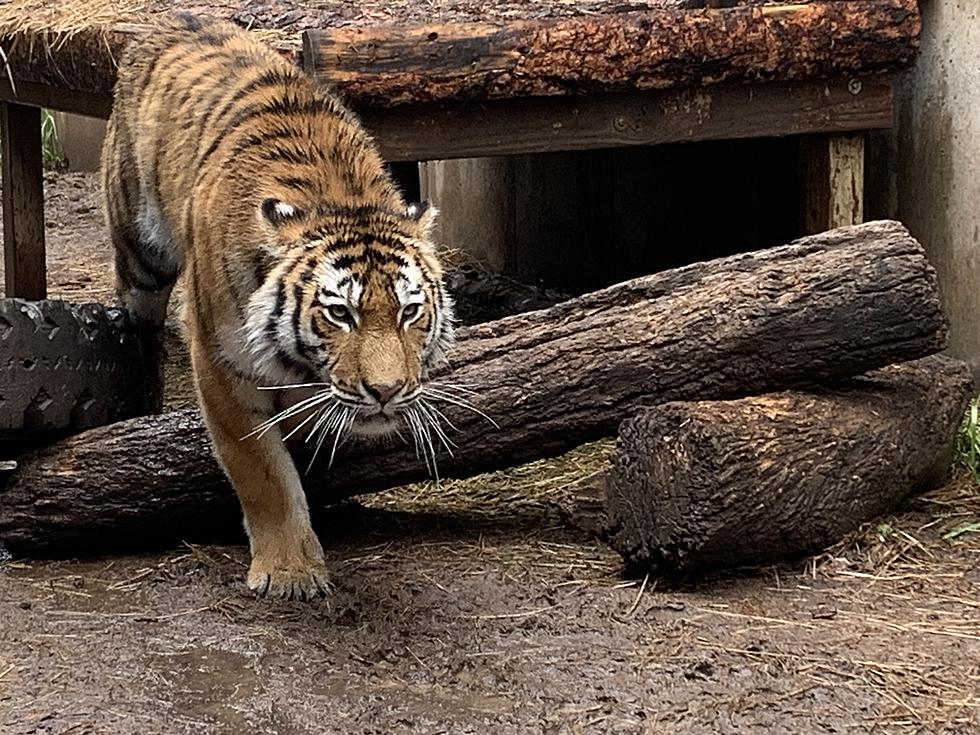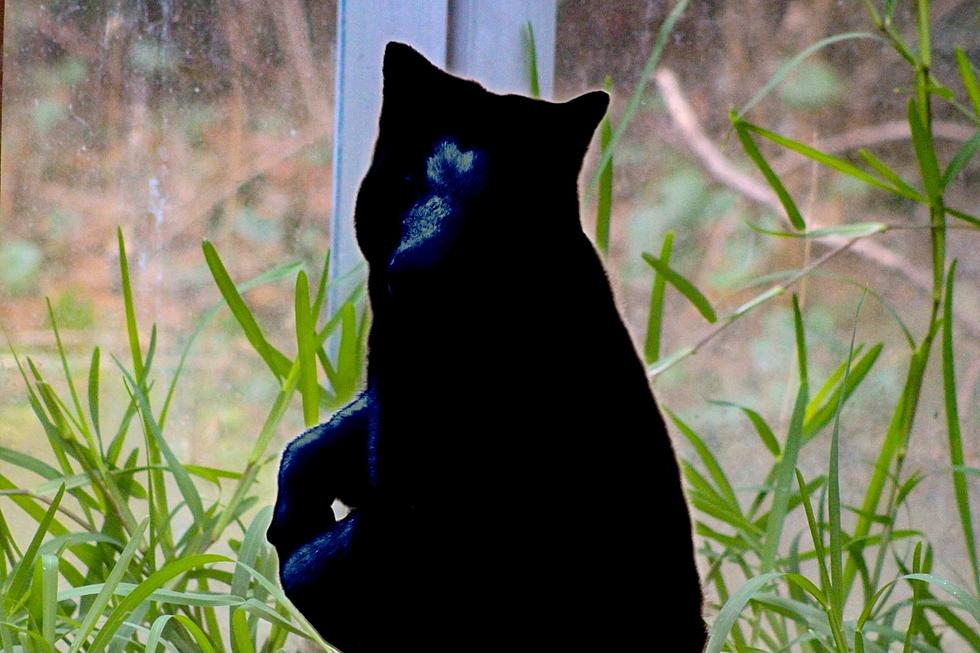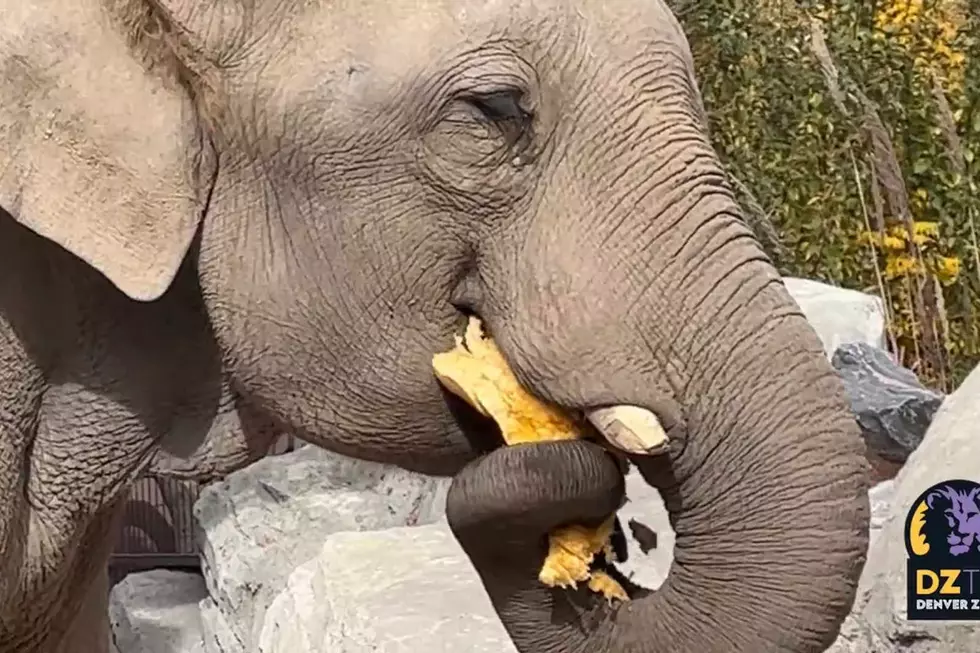
Do Bears at Colorado Zoos Hibernate During the Winter?
Bears living in the wild in the Centennial State typically go into hibernation from December to around the middle of March - but do bears that reside in Colorado zoos do the same?
Both the Cheyenne Mountain Zoo in Colorado Springs and the Denver Zoo helped to answer this question. Although the two zoos focused on grizzlies, as opposed to black bears which are the only kind to roam in the wild in Colorado, both species are comparable as far as hibernation patterns go.

Lots of people would think that when winter rolls around, bears in captivity might hibernate simply based on the cold weather. However, bears in Colorado's zoos do not actually go into a dormant state in the same way as their kin in the wild.
The Cheyenne Mountain Zoo explained what happens with these animals during the winter months, using their two grizzly bear residents, Emmet and Digger, as examples. What's interesting, is that the bears' bodies do naturally slow down and go into a more restful state during the wintertime, like those in the wild would, but rather than going into full hibernation, bears in zoos stay stimulated, enriched, and active all season long instead.
Animal experts noted that seasonal changes, like less sunlight, would be something that causes both bears in the wild and in captivity to slow down, as well as have reduced body temperatures.
While Emmet and Digger do tend to sleep more and eat less throughout the winter, they still have full access to food. Zookeepers also allow the bears to sleep in their warm dens for as long as they'd like, which can sometimes be several days at a time. In the winter, the bears expect better rewards for their participation – since they are less energetic during these chillier months, they don't want to put out as much effort when it comes to earning their treats. The Denver Zoo also said that their resident grizzly bear, Tundra, spends most of her winter days sleeping, but does wake up every day to go the bathroom and grab a few snacks.





